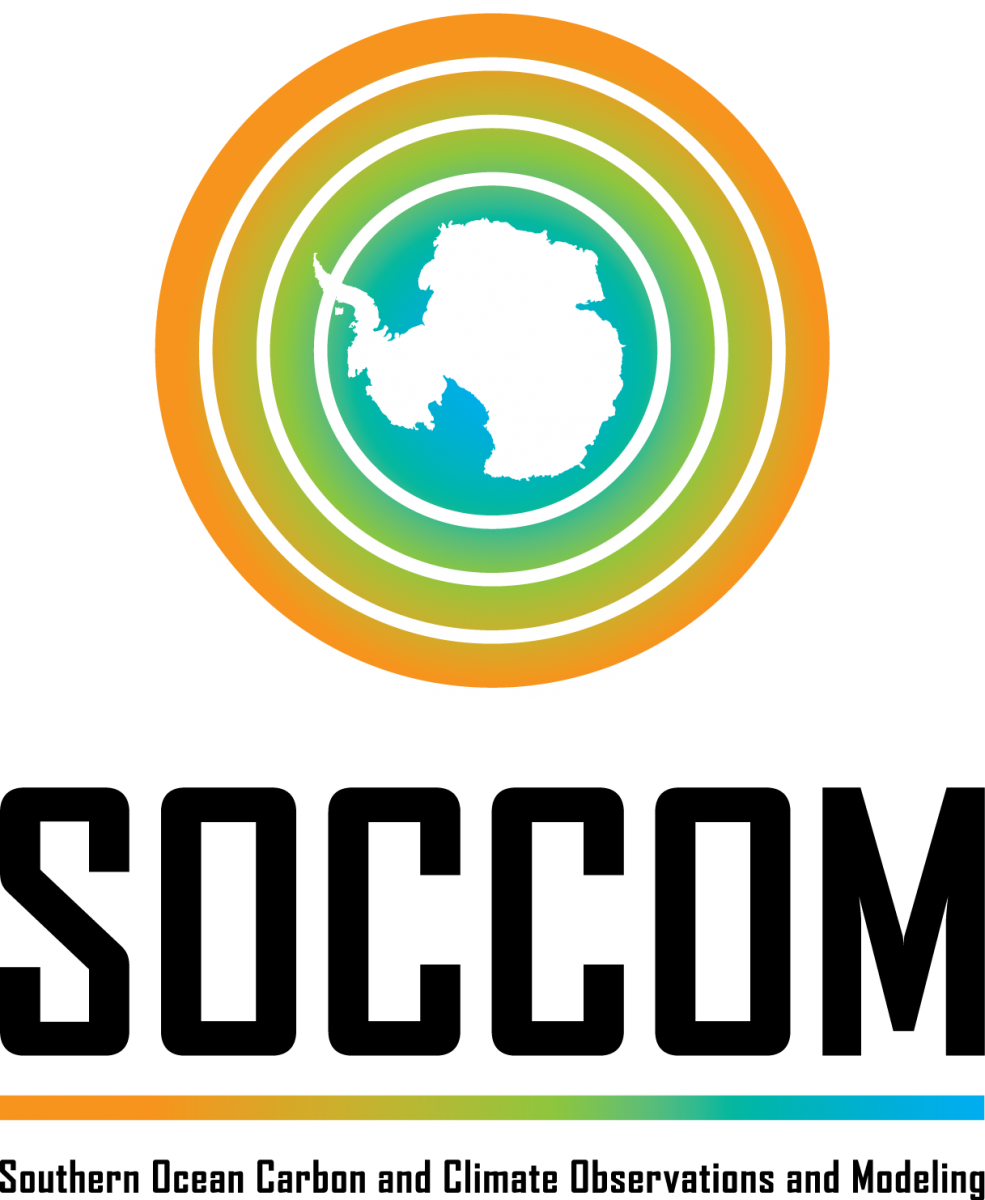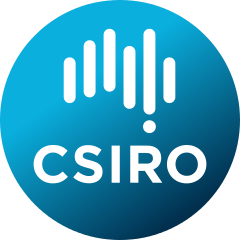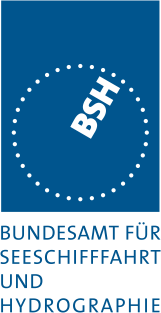Activities
SOARC has some high priority activities to facilitate delayed-mode quality control on Argo floats in the Southern Ocean and to improve the management of data from floats operating in the seasonal sea-ice zone
Argo Float Deployments
The international Argo ocean observing network deploys floats throughout the world's open oceans, and in many marginal seas. This is possible thanks to the International Oceanographic Commission (IOC) Resolution XX-6 which lays out the collective agreement to permit the operation, monitoring and management of the Argo array and data dissemination. This was extended from the core Argo parameters of pressure, temperature and salinity to include the biogeochemical parameters in 2018.
In the Southern Ocean, the deployment of Argo floats presents significant logistical challenges due to its remoteness and challenging conditions, including a vast seasonal sea ice zone. With no permanent population and only a small temporary population scattered across Antarctic research stations, there is very little commercial vessel traffic, so deployments into the Southern Ocean rely heavily upon research and resupply vessels. In addition to the logistical challenges, for floats being deployed south of 60oS, the requirements of the Antarctic Treaty System including compliance with treaties on envrionmental protection. To help with understanding obligations under environemental protection treaties, SOARC has compiled a guide on Argo and the Antarctic Treaty System (download pdf).
Argo Reference Data
The SOARC Partners are working with the CLIVAR and Carbon Hydrographic Data Office (CCHDO) and SOOS to improve the Argo reference database for the Southern Ocean. If you are interested in contributing research vessel CTD data, please contact BODC via our contact form.
An upcoming focus for SOARC will be an audit of co-located Argo profile and research vessel CTD castes, to ensure a high quality of metadata linkages.
Delayed-mode Quality Control Support
It is vitally important that data returned from Argo floats undergoes delayed-mode quality control (DMQC) to make it ready for climate-grade research.
SOARC partners are working with Jcommops to ensure that all floats in the Southern Ocean have a designated DMQC operator by auditing the current allocation of DMQC operators, and by either directly providing DMQC support to national programmes without the capability, or by supporting new Southern Ocean DMQC operators. CSIRO is currently providing direct DMQC support for 20 floats from the Italian Argo programme.
If you would like advice in ensuring there is a desginated DMQC operator for your Southern Ocean floats, please contact Mathieu Belbeoch at Jcommops.
Argo Under Ice
As part of a contribution to the Southern Ocean Observing System (SOOS) Under Ice Strategy, SOARC is working to support the development of under-ice positioning for floats operating under sea-ice. This includes improving the management of information pertaining to under ice positions as well as methodology for determining those positions. SOARC partners are part of the Argo Data Management Team (ADMT) members who formed a working group that works inter-sessionally to improve the positioning information available in the Argo data files.
If you would like to contribute to these developments, contact BSH via our contact form.
There are four primary areas of activity:
- improving the metadata held in Argo netCDf files to aid users in the identification of under-ice profiles;
- near-real-time positioning for profiles from floats returning from under-ice - SOARC recommends that all floats that are expected to operate sea ice zone should be equipped with Iridium communications to enable all under-ice profiles to be recovered from the float;
- under-ice continental shelf positioning for process studies.
Recent work by Chamberlain et al. (2018) has investgiated positional uncertainities in under-ice floats and is a solid foundation for further work with the Argo data system, and a valuable reference point for SOARC partners.
SOARC recommends that floats deployed in the Weddell Sea be equipped with RAFOS receivers (if possible) to better enable delayed-mode positioning.
SOARC recommends that all floats that may enter the sea ice zone be equipped with Iridium communications and a version of the ice-avoidance algorithim to help ensure under-ice profiles are recovered from the float.
Research Collaborations
In addition to working as a SOARC partnership, SOARC partners work with other institutions engaged in research to develop new analyses, understanding and tools to support the quality control of the Argo data system and use that data to improve understanding of environmental change.
An example of this is a new collaboration between BODC and the University of Bristol in the UK. An initial project is developing code to routinely characterise every Argo float profile in the Southern Ocean according to which zone of the Antarctic Circumpolar Current (ACC) the float is located in. This provides both utility to Argo delayed-mode quality control (DMQC) operators and to researchers examining the gradients in ocean characteristics, known as ‘fronts’, associated with the ACC in both time and space. Progress on this can be found on the resources page.
Training support for national programmes
The British Oceanographic Data Centre provided training in November 2016 to a visiting scientist from the South African Environmental Observation Network (SAEON), who was supported by a POGO grant. Training covered the Argo data system, governance, Data Assembly Centre functions, an introduction to delay-mode quality control, and the role of SOARC. If your national programme would like to request similar support, contact BODC via our contact form.
THE SOARC PARTNERSHIP





